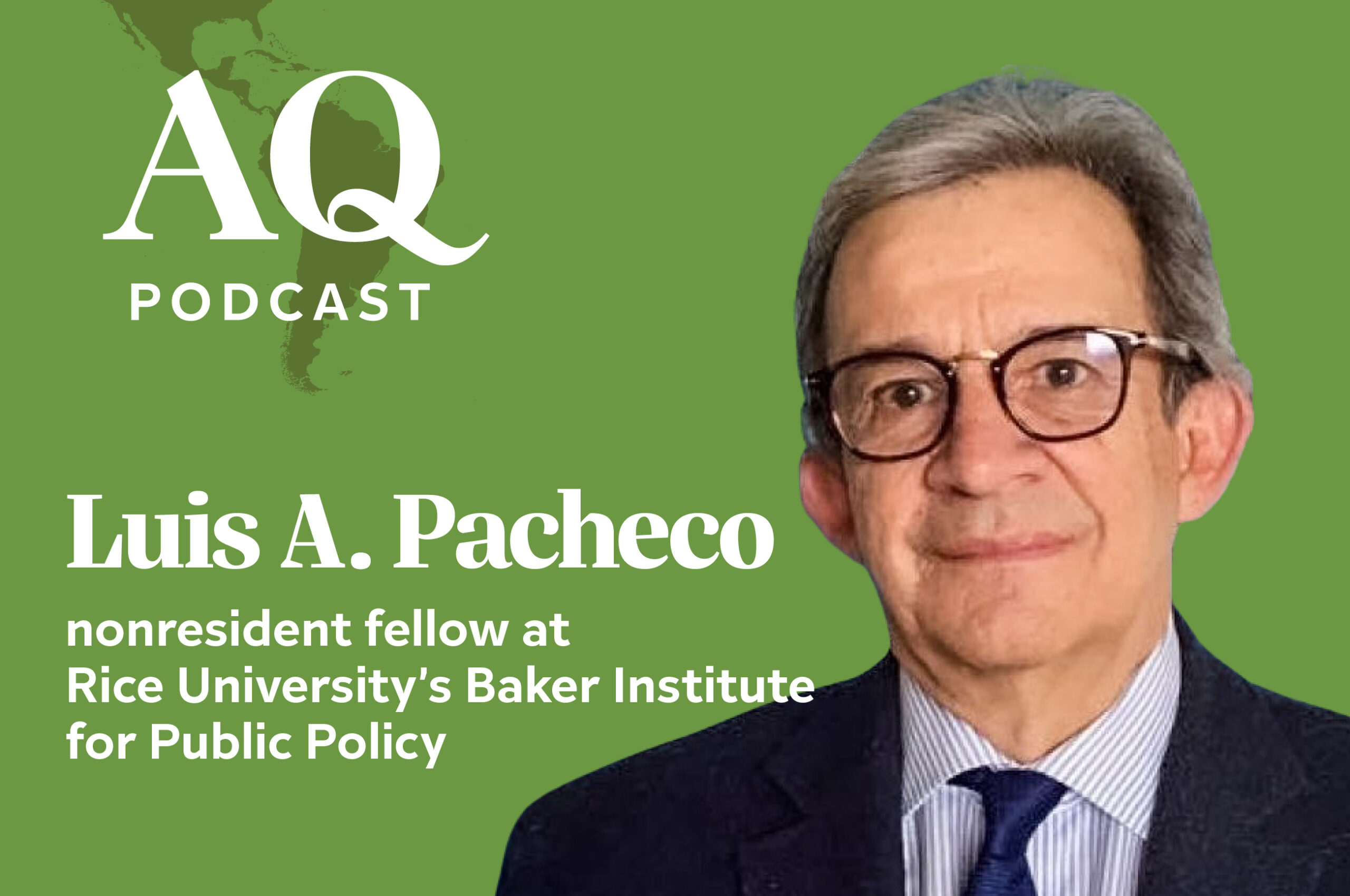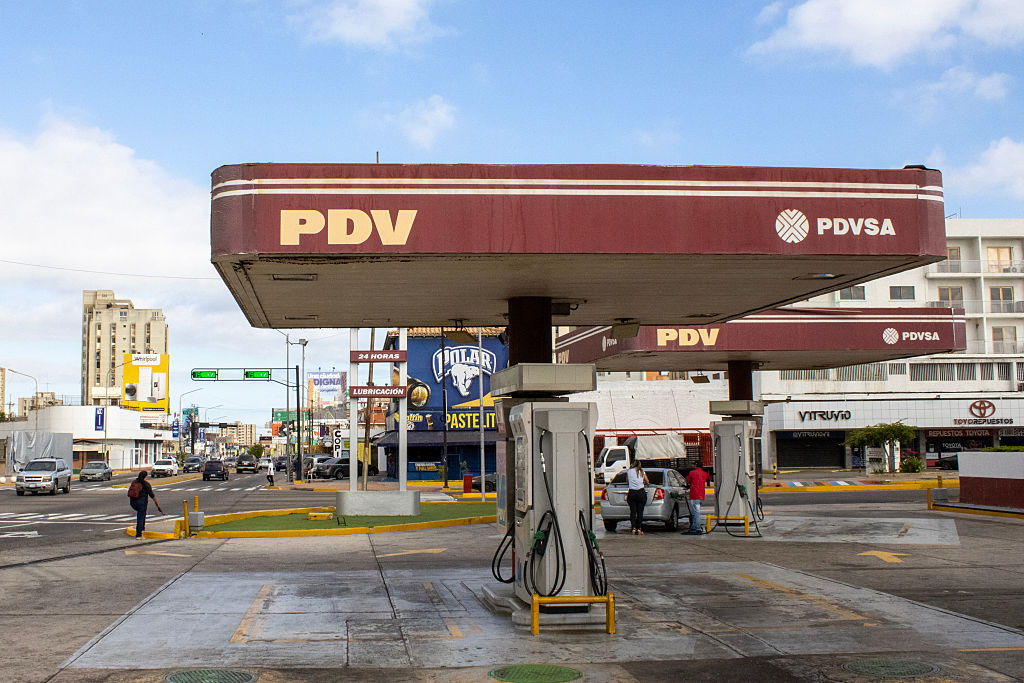Positive Talk in Bolivia
Positive Talk in Bolivia
Bolivia predicts high foreign investment in its hydrocarbons industry, but won't meet 2008 export demands. Meanwhile, government officials and opposition leaders met this week to bridge a divide that led four provinces to demand autonomy.
Bolivian President Evo Morales opened the year by warning that his country may fall short of meeting the energy needs carved out in contracts with Argentina and Brazil, even as 2008 will likely bring record investment in Bolivia’s hydrocarbon industry. The announcement came as La Paz worked to stave off calls for autonomy by opposition leaders’ in eastern states, including gas-rich Tarija and Santa Cruz.
Government officials said investment pledges from Spain, Iran, Venezuela, Argentina, and Brazil could bring in as much as $1.5 billion in foreign investment this year. However, Iran and Venezuela have not specified investment amounts, nor will investment sufficiently boost natural gas production to meet domestic and international demand in 2008. Annual production should hit 42 million by the years end, according to Bolivian Hydrocarbons Minister Carlos Villegas, yet international demand stands at 46 million cubic meters per day. The news came days after Argentina announced a strategy to head off rising energy demands through a daylight savings plan.
The Morales administration nationalized its hydrocarbons industry in 2006, increasing state profits by a large margin and pledging to redistribute the wealth throughout Bolivia. Fund allocation has been central to disputes between La Paz and opposition leaders, with protests set off by Morales’ October 2007 decision to divert a portion of hydrocarbons tax revenues from individual provinces’ public projects to a national pension fund.
Division reached new levels in December 2007, when the Bolivian Constituent Assembly approved a new constitution without the presence of its opposition members, who declared the document illegal. Opposition governors in Pando, Beni, Santa Cruz, and Tarija then published declarations of autonomy to gain control over land reform, tax legislation, and, in the case of Santa Cruz, form a police force.
Although tensions ran high at year’s end, January 7 brought an announcement that Morales and Vice President Álvaro Garcia Linera meeting with governors from all nine provinces to discuss possible changes to the draft of the constitution, the autonomy statutes, and distribution of energy revenues. Reuters presents three possible outcomes for the talks: formation of a national unity pact, the failure of negotiations, or allowing the public to decide through a series of referendums.
Looming over the discussions is the question of how to allocate the tax revenues. Besides political turbulence, Morales faces rising inflation, widespread unemployment, and a poverty rate of 60 percent. Still, Bolivia’s economy is growing at healthy rate of 4.5 percent in 2006—Morales first year in office.








